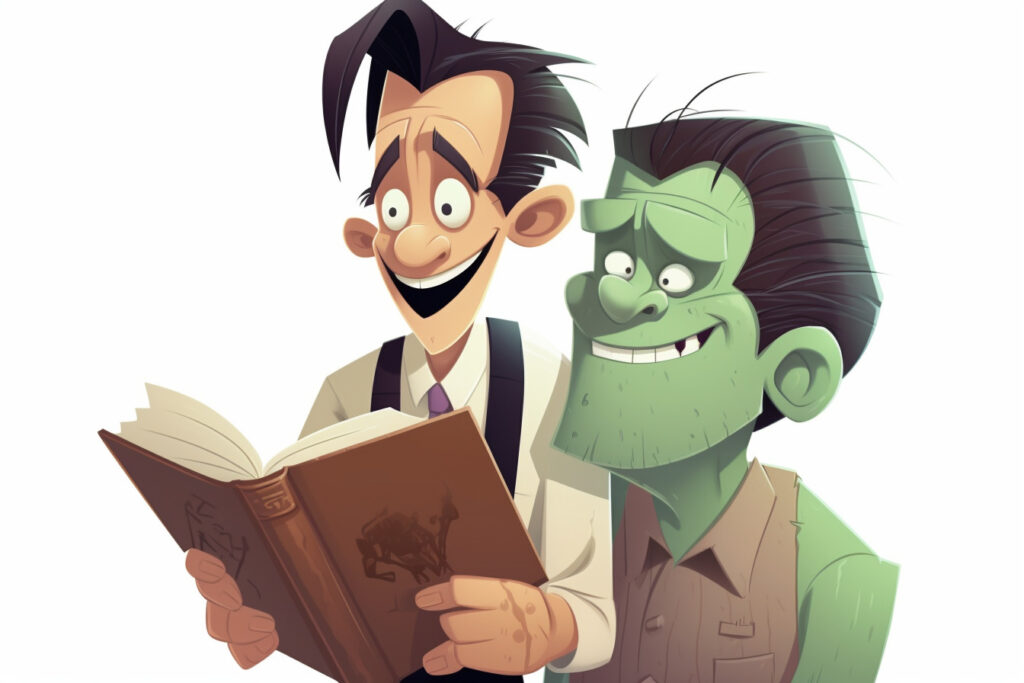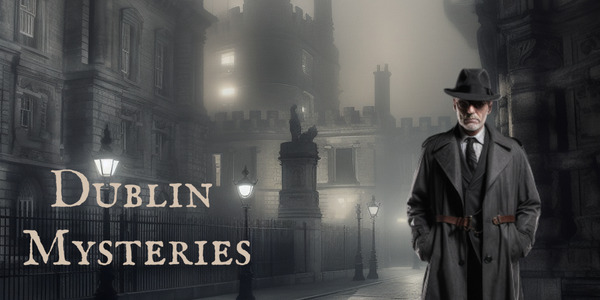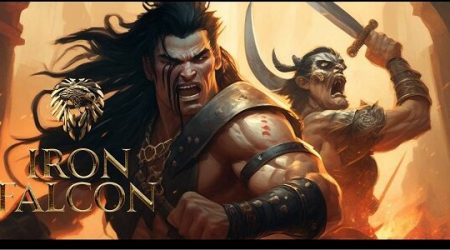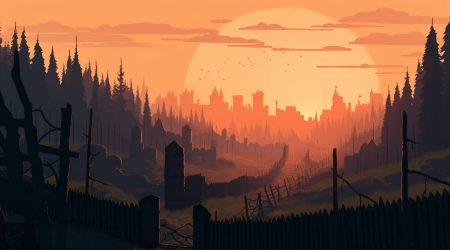5 Tips on Writing: With Fiction Writer Thomas McGuinness
Hi! I am Thomas McGuinness and I am a Northern-Irish fiction writer currently preparing myself as best as I can for the frigid wasteland that is the Canadian winter of Montreal, where I am based. I am a graduate of The Narrative Department and the Writing Interactive Academy and have been working in video games for a wee bit over a year now.
Shower Thoughts And Historical Haunts for Fiction Writing
I wish I were cool enough to be someone that roamed through cemeteries at night. The reality is that I am a person who gets their best ideas in the shower and scrambles to write them down on my phone afterwards.
As a writer, a lot of my inspiration comes from my deep love of history, mythology, and folklore. I think there is always something exciting in taking something older than you and breathing new life into it with a story!
Plotting has always been the most difficult part of writing for me personally. I find it’s best to start with as clear and simple an outline as possible.

Then, as you’re writing and making your way through the creative process, you’ll naturally find opportunities to add layers of complexity to it. It’s always great to have an idea of where you are going, but don’t be too beholden to the course you’ve set out for yourself to get there.
When it comes to world-building I am a huge fan of looking to the past. I’ve mentioned it before, but history and mythology have always been huge inspirations for my work and are great ways to get a glimpse of interesting worlds that are different from our present.
A great piece of writing advice I once received was that a character is ultimately posing a question and their character arc can be seen as an answer to that question. Once you’ve gotten that vaguely figured out, you can start thinking about the sort of complications that could help your character reach that answer.

Building the World of Dublin Mysteries as Fiction Writer
A lot of Dublin Mysteries was inspired by my studies of the Irish Literary Revival and the weird fascination with the occult that just permeated absolutely everything at this time.
Societies like the Hellfire Club or the Hermetic Order of the Golden Dawn were sprouting up while writers like Yeats and AE were proclaiming themselves as poet magicians. This was also all happening in the middle of a period of massive political unrest, creating an absolute powder keg of setting that I always found sparked great ideas for stories.
Getting to play around with all these historical details was one of my favourite parts of writing this game!
Sean Carver and Dublin Mysteries as a whole really is a love letter to classic detective fiction and whodunnits. Sherlock Holmes and Poirot were huge touchstones for the character with their keen minds, sharp senses, and that sense of overconfident superiority that always threatened to come back and bite them in the butt.

As a fun anecdote, the idea of Carver’s blindness originated from early discussions I had with the great folks here at EarReality about how to make a detective story work in the interactive audiobook format of TWIST.
Carver’s blindness allowed us to justify the intense focus placed on every available detail for clues while also playfully acknowledging the player’s own inability to physically look at the evidence themselves.
How to Write Interactive Fiction and Think of Meaningful Choices
I have previous professional experience as a narrative designer, implementing game scripts and their interactivity into game engines.
Dublin Mysteries was my first time getting to shift gears from that technical side of game narrative and move more into the creative, having the words I was working with be my own! The biggest challenge was having to manage the scope of the project, as it is way too easy for a mystery like Dublin Mysteries to become overly big and complicated with its various clues and suspects.
The complexity only compounds itself when you add interactivity to the mix and have to account for the various combinations of evidence players might find when playing. But that interactivity is also what makes these stories so engaging and the relationships players develop with the characters within them so meaningful!
Not every choice needs to be something grand or extravagant that changes the whole game in order for it to be meaningful to the player. Smaller choices that allow the player to express themselves in simple ways or interact more with a character they like can be just as powerful.
The Art of Hooking Audiences with A Lifeless Twist
I’ve personally found a dead body in a locked room does wonders in terms of getting a player hooked on a story.
In all seriousness, you want to engage your player’s sense of excitement so that they can begin to immerse themselves in the world you created. Be it setting or characters, give them someone or something that they can become invested in and latch onto before you carry them away on your thrilling adventure!
My Top Pick Among The Stories is...
It’s a tough call, but I think I have to give it to Frankenstein. I’m a big old goth at heart and Frankenstein has been an eternal favourite of mine.
From the history behind its origins and the number of different ways the story can be interpreted, you can just dive down the deepest rabbit hole when you start looking into it seriously. I swear I can count the number of papers I wrote on this book over the course of my academic life on two hands!







